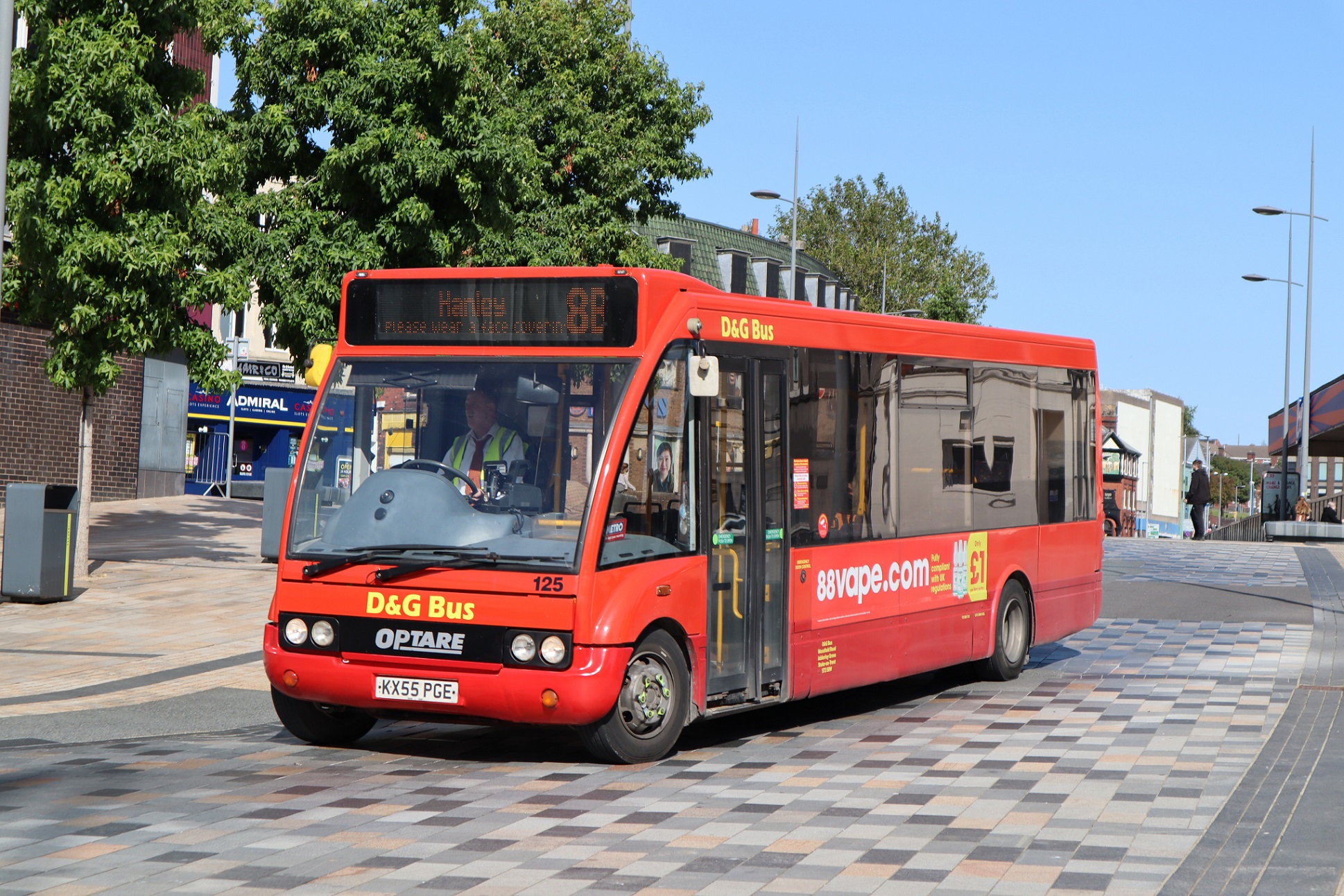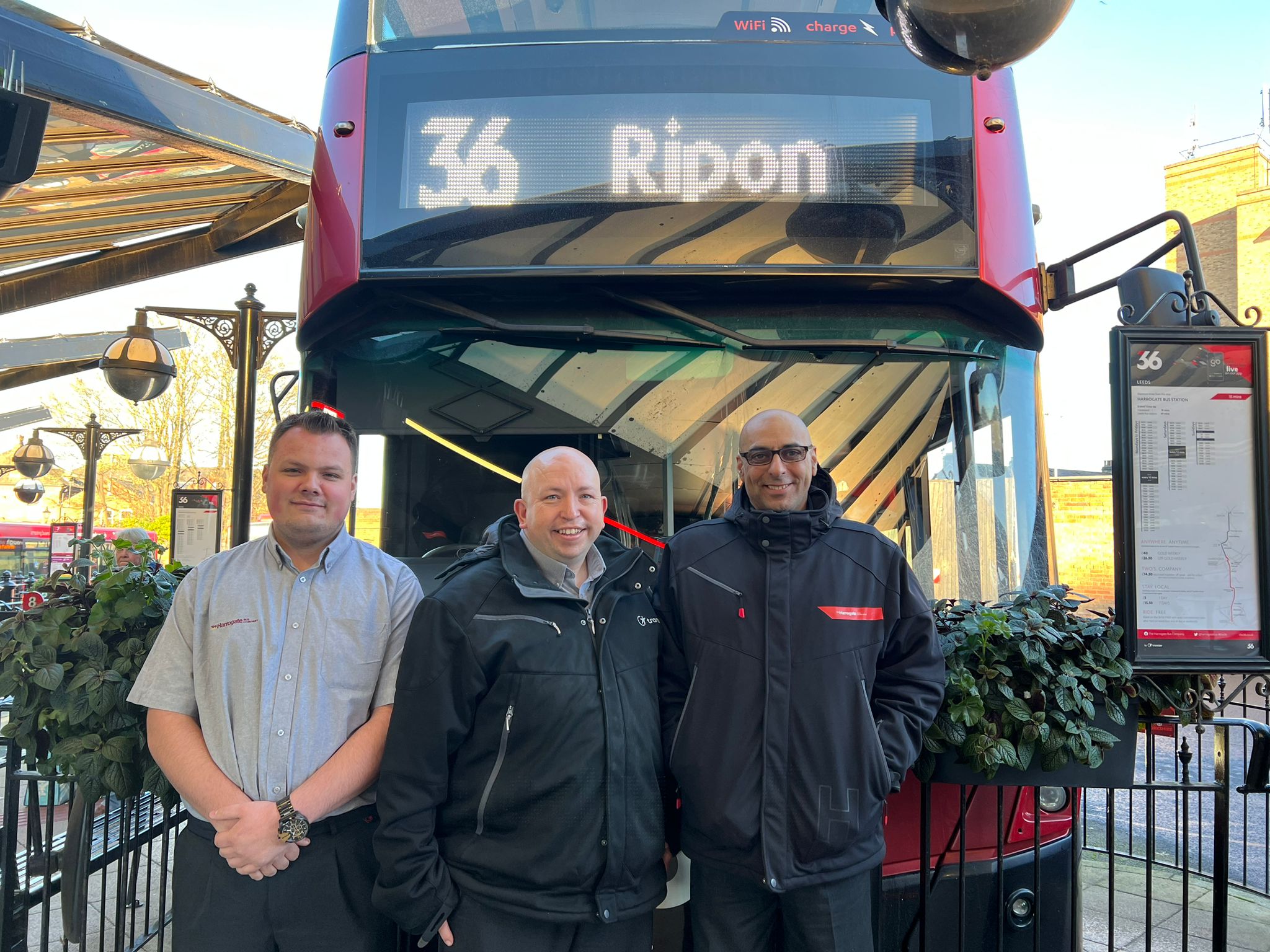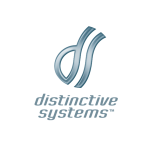Cost optimisation is a key factor for a successful transition to zero-emission buses. The right planning tools help bus operators to anticipate these costs for better planning and maximum efficiency
Zero-emission bus transition comes with multiple challenges. Charging infrastructure costs are a key driver of the transition and its overall cost profile. The cost of infrastructure can vary depending on the local context of the bus network and grid, however, proper estimation with the help of the right planning tools offers promising returns in the long run.
By understanding the key drivers of these costs, bus operators are powering up sustainable transitions across many countries.
Evenergi and routeone provide free access to a comparison tool here for routeone readers that demonstrates the power of the right information.
1. Technology choice
Various typologies of charging infrastructure are available in the market and there is no one size fits all solution, i.e., charging by plug-in chargers, opportunity charging via pantographs or en-route charging, battery swap, or charging via trolley wires. Each technology has different costs, charging times, and capacity.
Our experiences in the UK have shown costs may vary from around £10-14k for AC chargers and over to £30k for DC plug-in and pantograph chargers (without installation or connection cost upgrades).
2. Grid and depot infrastructure
The available local grid and depot connection capacities, and distance to substation(s) will influence cost profiles. These costs include procurement and commissioning of high voltage cabling, transformers, switchgear, and labour cost for trenching and installation. Given infrastructure upgrades in the UK range from the tens of thousands to even a few million pounds for a single depot, an optimisation process is key to determine the right solution. Whether upgrades are needed at your closest electricity grid substation, or you have the ability to optimise the power demand of your fleet to reduce peak consumption and minimise potential upgrade requirements.
3. Battery dynamics
Charging technologies have a direct link to the battery of the vehicle which contributes to the overall cost. For example, charging technologies have different charging rates which can influence battery degradation and in turn the battery’s end of life value and its replacement cycles. At the same time charging technologies may drive battery sizing, where larger batteries are required due to the selected charger, also influencing available passenger capacity.
4. Network design
Service and charging schedules are an important driver of cost where an optimised recharging strategy can help reduce overall operating costs. Dedicated design of a zero emission bus network paired with the right technology offers high cost-efficiencies as the charge times are optimised with the consideration of bus battery systems and energy management of the fleet.
5. Optimisation solutions
The right tools can provide better planning and optimised solutions whether it is for scheduling, route planning, charging time, or depot management. Such investment pays off in the long run by mitigating risks and uncertainties. It can also facilitate minimising the footprint, scaling up of the network, remote management, and innovative approaches over time. In the UK, Evenergi has seen the right tools allow optimising solutions to save projects over £10m across a zero-emission bus replacement cycle.
Charging infrastructure installed with a clear charging strategy drives costs, promises revenues, mitigates risks, reduces uncertainty, and helps a sustainable transition to zero emission buses. Overall understanding of costs is daunting but it promises long term benefits. Optimised fleet management, depot management, and energy management are a way forward to create low carbon economies while achieving cost efficiencies.
For more information, visit BetterFleet.com



























